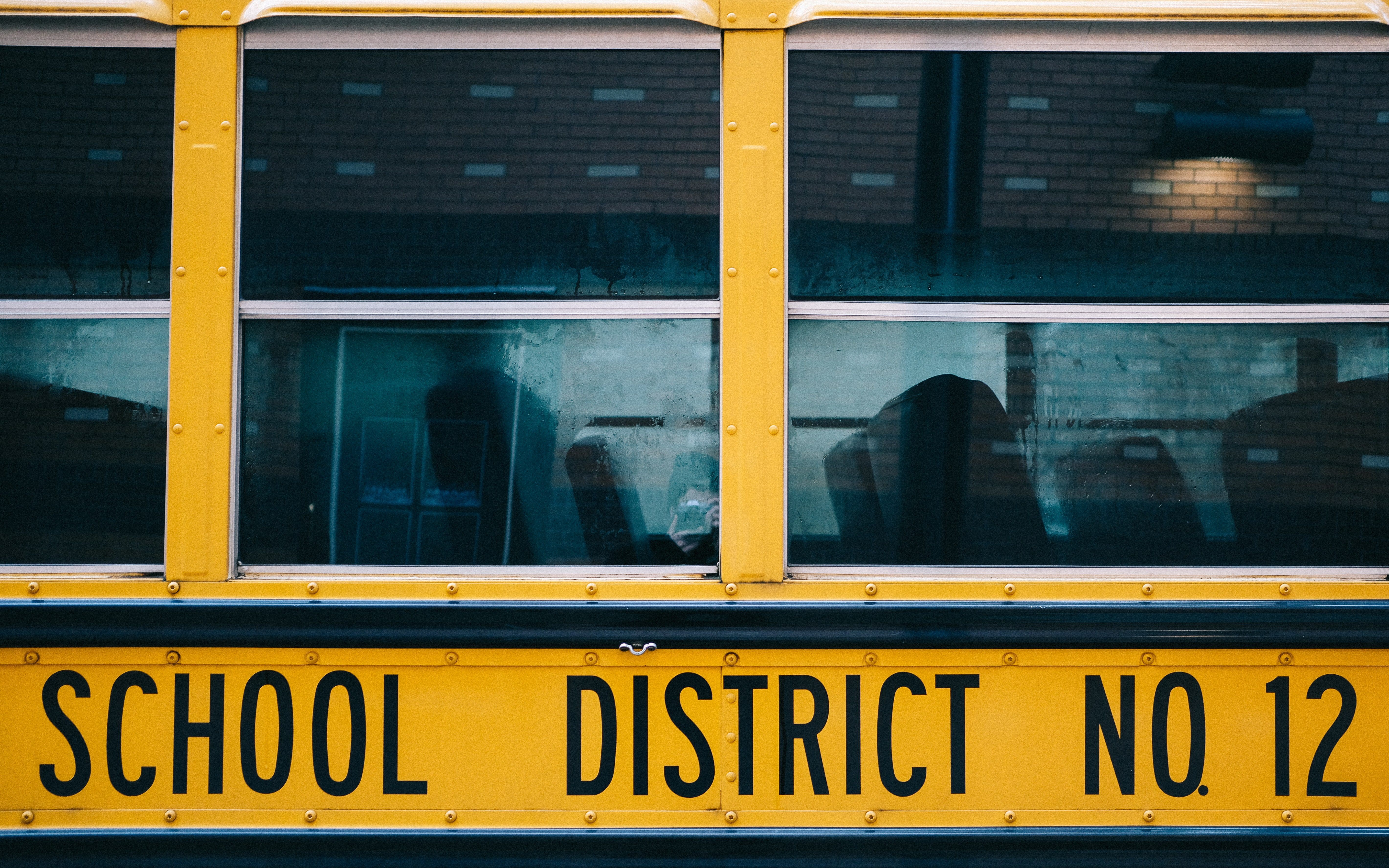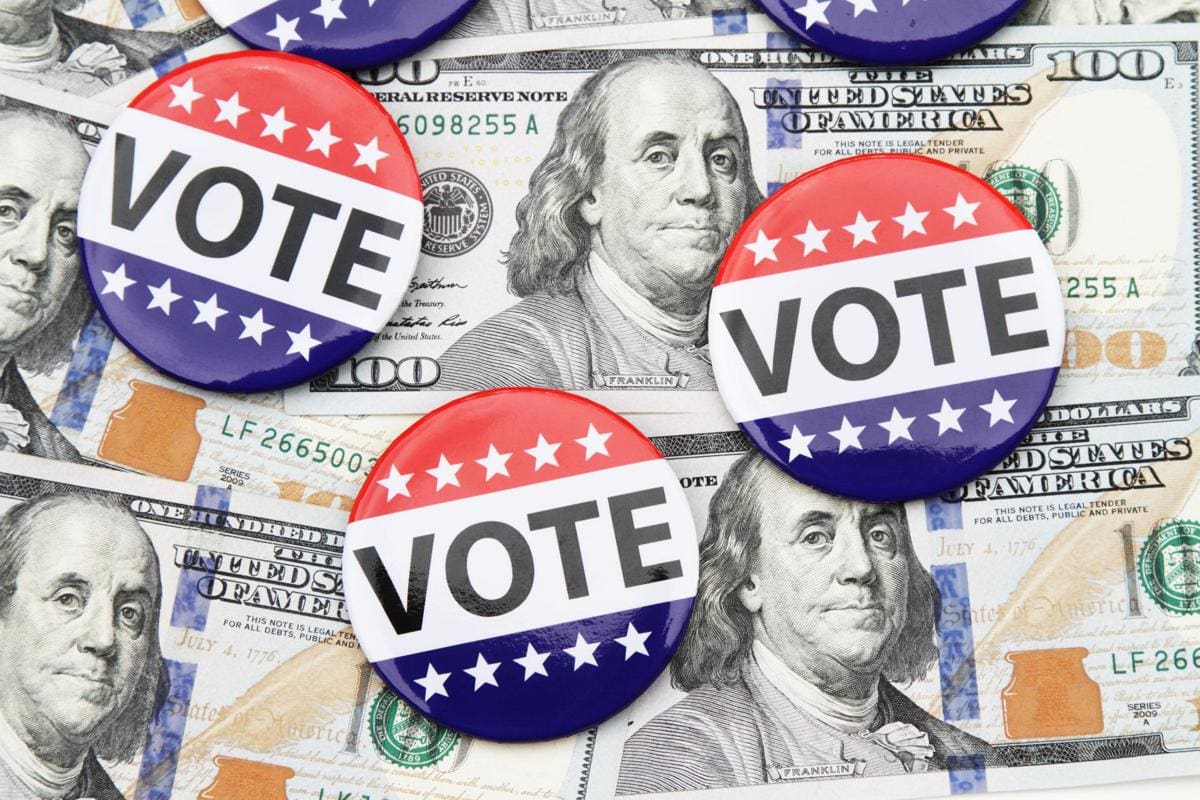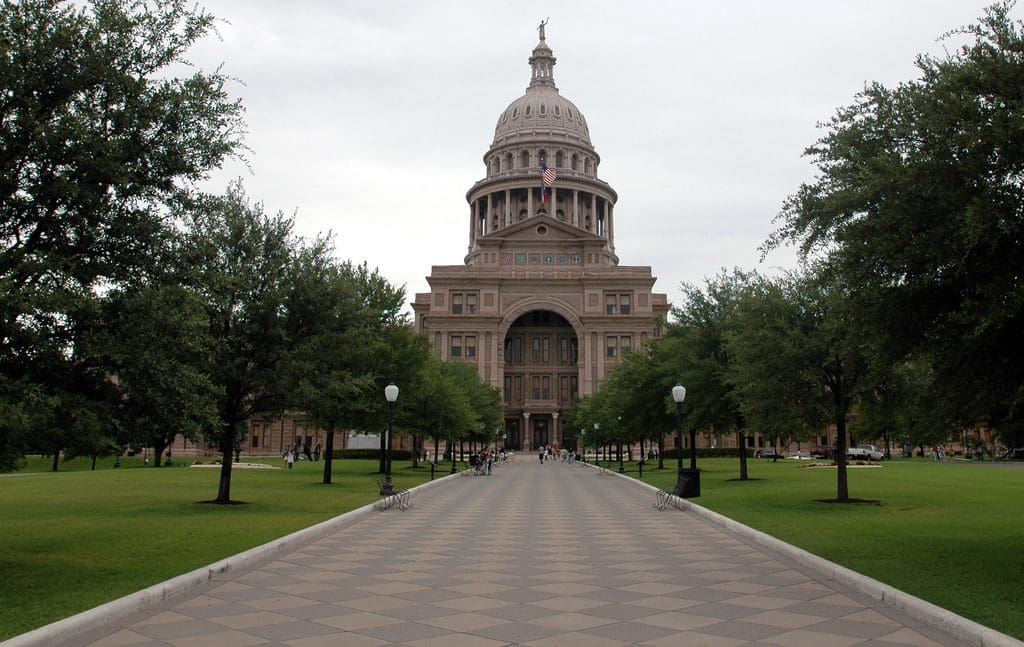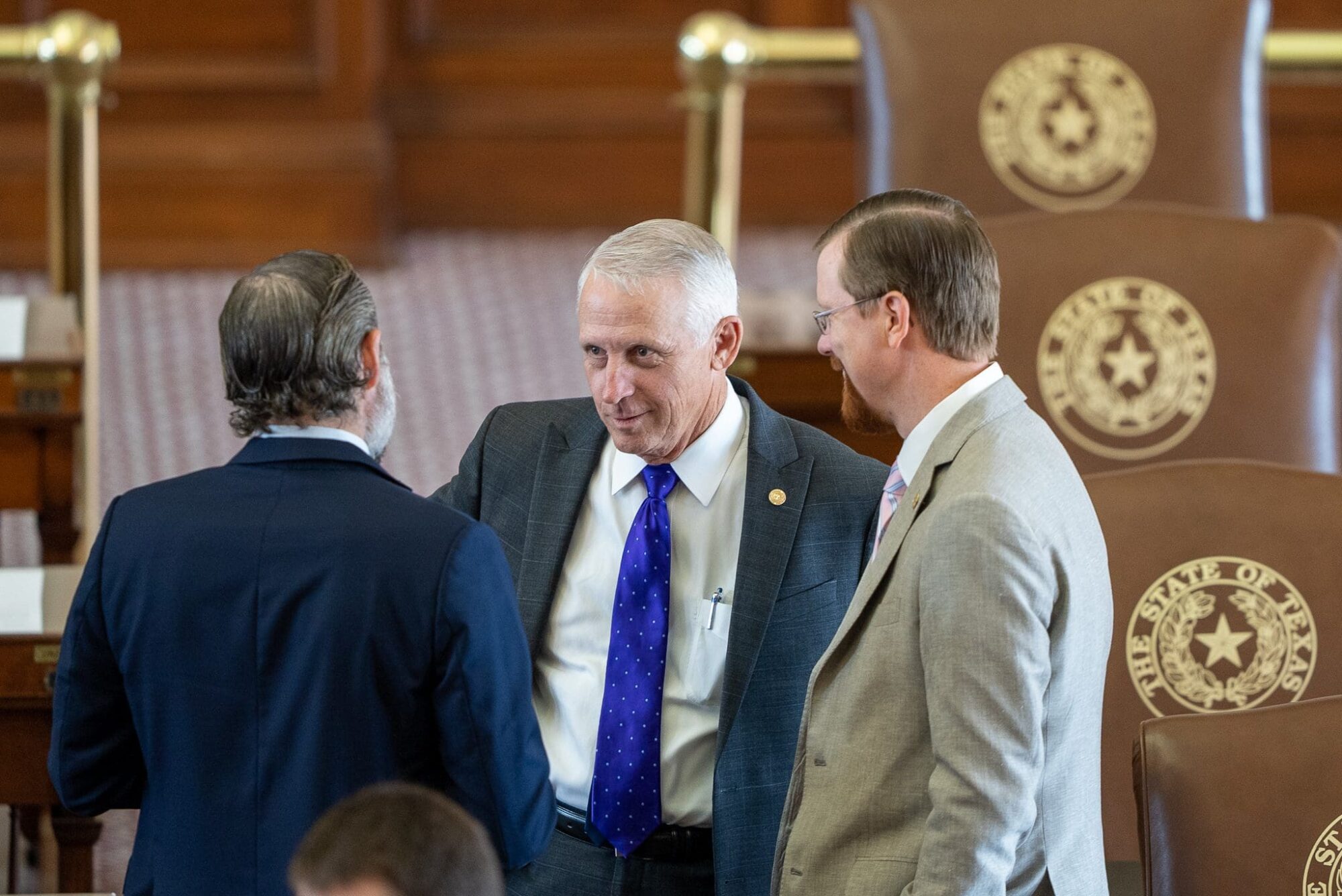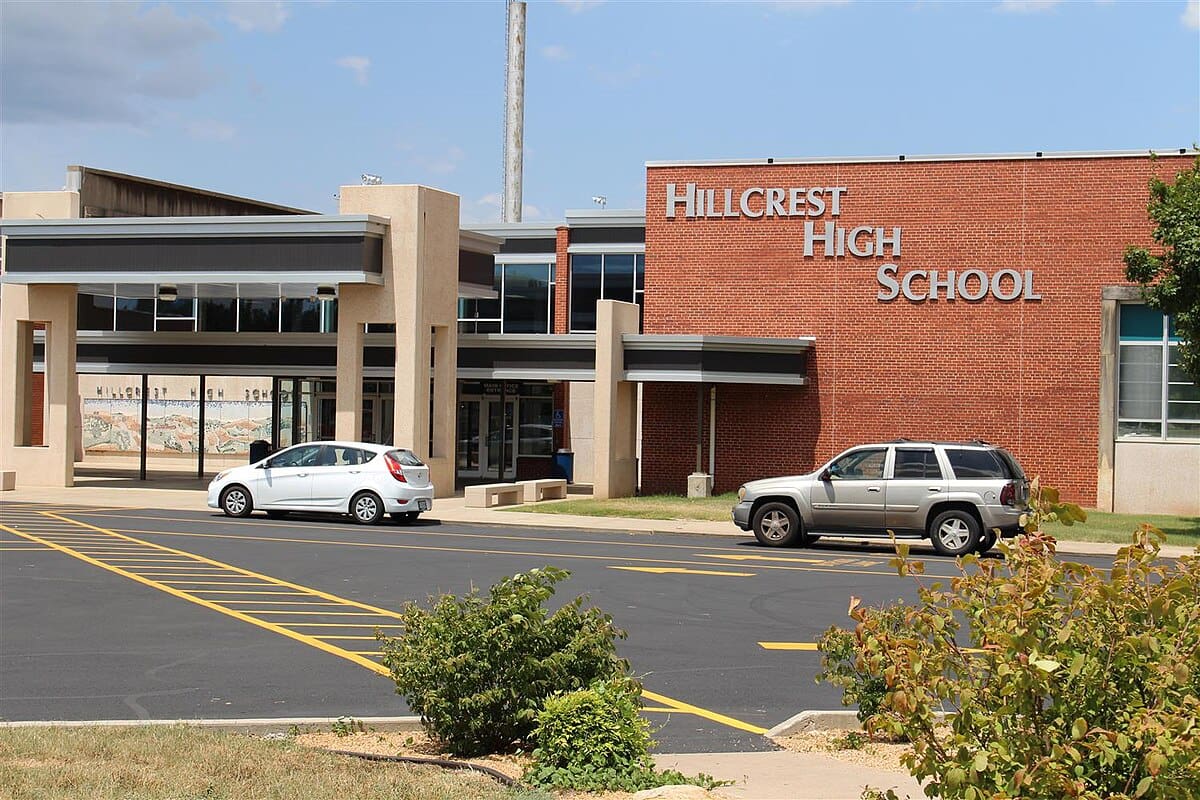Under the Republican Party of Texas’ legislative priorities, “School Choice for All” is the seventh priority adopted by the Texas GOP. The priority calls for legislation that will “empower parents and guardians to choose from public, private, charter, or homeschool options for their children’s education using tax credits or exemptions without government restraint or intrusion.”
But are lawmakers any closer to passing school choice?
In this 87th Legislative Session, there are more than 250 education bills filed from both Republicans and Democrats that have been introduced so far. None of those bills resemble the “rebate” bills seen in past years, though school choice remains a concern for voters in both parties.
The issue gained significant traction at the beginning of the 2017 session when Lt. Gov. Dan Patrick urged Republicans to adopt the issue, stating, “If you block a bill from a vote on school choice, you are blocking the future of that child.” This was a leap forward after the 2015 session, when the House was deeply divided on the issue, with many Republicans refusing to vote on a “voucher” bill.
Gov. Greg Abbott himself recognized the importance of school choice in Texas during a 2015 school choice rally shortly after he was first elected, saying that in order to break the cycle of poverty, every student needs to graduate, and parents should be able to send their child to whatever school they believe is better for their education.
While school choice is one of the eight legislative priorities for Republicans and has seen increased public support, it will still be a battle to get a traditional school choice rebate bill passed by the legislature this session. Many teachers unions and local school unions have long criticized school choice, claiming it encourages lower standards in education and wasting resources to charter schools that have lacked accountability in the past.
In spite of the history with previous sessions and the potential battle of this session, COVID-19 restrictions have brought to light educational shortcomings with educational quality, spending, and broader access.
Public school enrollment has significantly declined last year in favor of home education. According to an April 2020 survey from RealClear Opinion Research, 40 percent of 2,122 registered voters would be more likely to homeschool or utilize virtual school after lockdowns. In August 2020, RealClear Opinion Research again surveyed 2,020 registered voters. The survey showed support for school choice had jumped 10 percent, averaging 77 percent between registered Democrats, Republicans, and independents.
As more parents begin to homeschool their children in light of COVID restrictions, it remains to be seen if increased support for school choice will trickle down to the Lone Star State as the Legislature meets.
